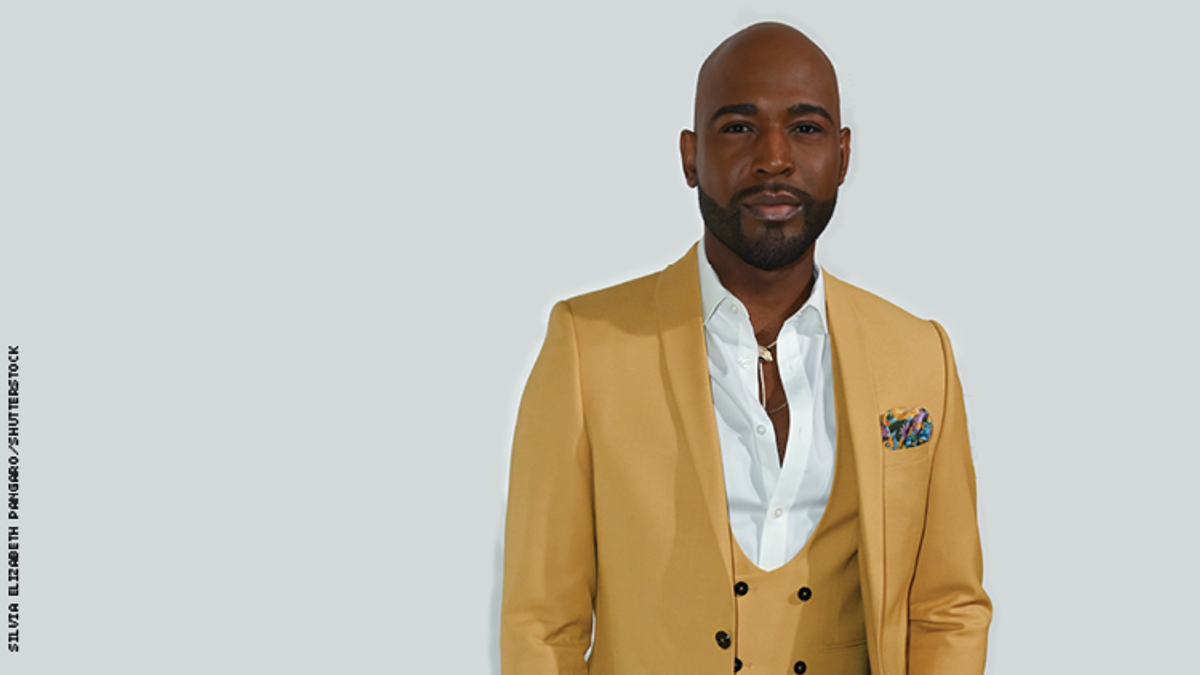Queer Eye star Karamo Brown announced Monday he is teaming with the Salvation Army for its "Rescue Christmas" effort aimed at providing food, shelter, and gifts to needy families.
A celebrity promoting a charity is not very newsworthy, but Brown -- a gay TV star on a show promoting LGBTQ+ acceptance -- partnering with the Christian-affiliated Salvation Army has raised eyebrows, and even ire.
Comments underneath Brown's tweet harangue the television personality for lending his name to the Salvation Army, with many branding the organization as "anti-LGBTQ." Brown shut off comments when he posted about the organization on Instagram.
The Salvation Army describes itself as an "evangelical part of the universal Christian Church. Its message is based on the Bible. Its ministry is motivated by the love of God. Its mission is to preach the gospel of Jesus Christ and to meet human needs in His name without discrimination."
The organization, launched in London in 1865, has a long history of hostility towards queer people, but officials have lately worked to make amends and right past wrongs.
As Out (a sister publication of The Advocate) reported, in 1986, the New Zealand branch of the Salvation Army collected signatures in favor of retaining the criminalization of homosexuality. The charity apologized for its actions in 2006. In the 1990s, San Francisco implemented a requirement that companies doing business with city government offer benefits to same-sex partners. In response, the Salvation Army requested an exemption from the rule on religious grounds. In 2012, the organization suggested that gay Christians pursue celibacy "as a way of life," with spokesman George Hood explaining, "a relationship between same-sex individuals is a personal choice that people have the right to make. But from a church viewpoint, we see that going against the will of God."
The following year, the Salvation Army was found to be referring online visitors to "ex-gay" conversion therapy groups. Following an outcry, those links were removed from the organization's website.
A leaked internal memo in 2014 showed the organization's opposition to marriage equality, and in 2016 it pulled support for an Australian safe schools program that focused on LGBTQ+ students. These moves came in addition to multiple reports of the organization's discriminatory policies against LGBTQ+ individuals.
Additionally, some gay activists and journalists have accused the Salvation Army of anti-LGBTQ+ discrimination over the years, such as one who said the organization two decades ago ordered him to break up with his boyfriend if they wanted to receive services (they were homeless at the time). The Salvation Army eventually apologized, although not entirely to the journalist's satisfaction. More recently, one of its substance abuse treatment centers in New York City was served with a complaint by the city's Commission on Human Rights, charging it with anti-transgender discrimination in its intake policies.
Salvation Army officials have told both The Advocate and Out that the charitable organization is not discriminatory and welcomes anyone, regardless of sexual orientation or gender identity.
Following a controversy last year involving pop star Ellie Goulding partnering with the organization, the Salvation Army released the following statement:
"Regardless of race, ethnicity, sexual orientation or gender identity, we're committed to serving anyone in need. Every day, we provide services such as shelter for the transgender community and resources for homeless youth - 40 percent of whom identify as gay or transgender." (That figure of 40 percent refers to an estimate reflecting homeless youth in the overall population, not the proportion of queer people served by the Salvation Army itself.)
"We don't ask our clients about their sexual orientation and we provide service based on how they self-identify."
Brown has not yet responded to a request for comment from The Advocate.
(RELATED: The Salvation Army and the LGBTQ Community: A Complicated Relationship)













































































